Philosophy is nothing but common sense in a dress suit
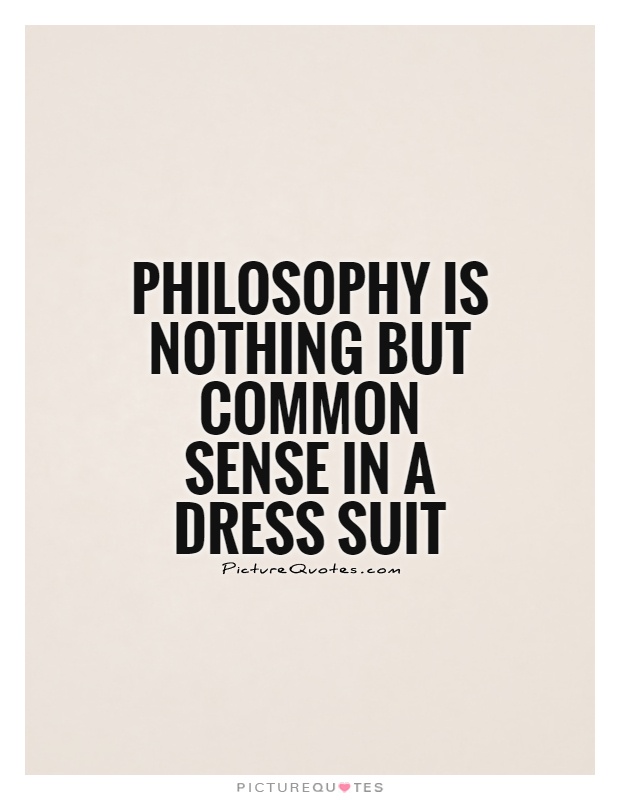
Philosophy is nothing but common sense in a dress suit
The statement "Philosophy is nothing but common sense in a dress suit" is a provocative and thought-provoking one that challenges the traditional view of philosophy as an esoteric and abstract discipline. It suggests that at its core, philosophy is simply a refined and sophisticated version of the common sense that we all possess.Common sense is often defined as the basic ability to perceive, understand, and judge things in a practical and straightforward manner. It is the everyday wisdom that guides our actions and decisions in the world. In contrast, philosophy is often seen as a complex and abstract discipline that deals with profound questions about existence, knowledge, ethics, and reality. However, the statement implies that philosophy is not as far removed from common sense as we might think.
In many ways, philosophy can be seen as an extension or refinement of common sense. While common sense provides us with practical guidance in our daily lives, philosophy delves deeper into the underlying principles and assumptions that shape our understanding of the world. It challenges us to question our beliefs, examine our values, and think critically about the nature of reality.
At its best, philosophy can help us to make sense of the complexities of the world and navigate the moral and intellectual challenges that we face. It can provide us with a framework for understanding the nature of truth, the limits of knowledge, and the meaning of life. In this sense, philosophy can be seen as a kind of "dress suit" that elevates and refines our common sense, allowing us to engage with the world in a more thoughtful and reflective way.
However, it is important to recognize that philosophy is not simply a dressed-up version of common sense. While there may be some overlap between the two, philosophy also involves rigorous analysis, logical reasoning, and a willingness to entertain ideas that may challenge our preconceptions. It requires us to think deeply and critically about the fundamental questions that shape our lives, rather than simply relying on instinct or intuition.
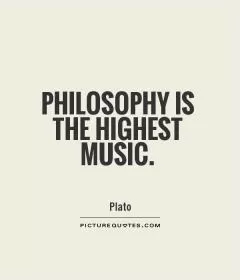
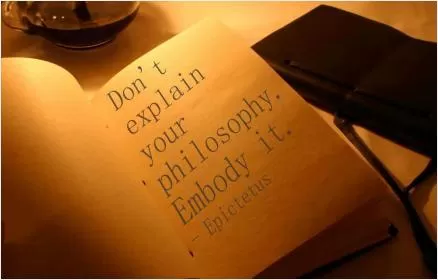
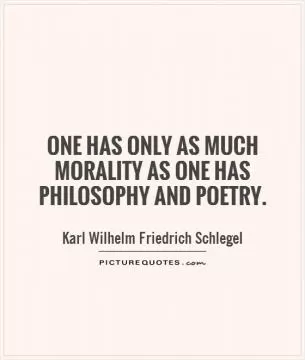
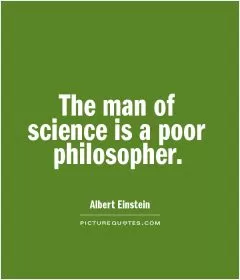

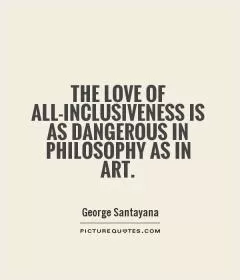

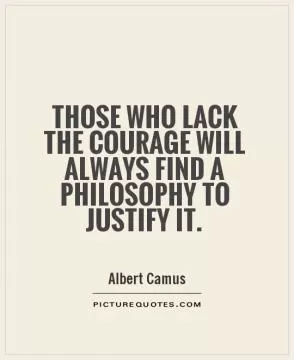
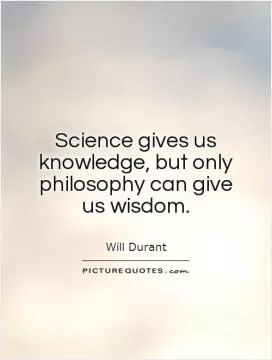

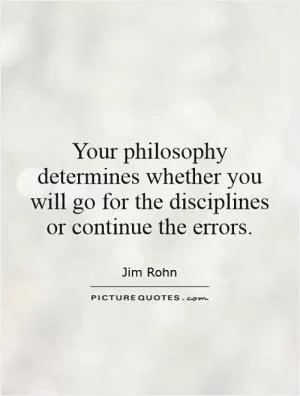
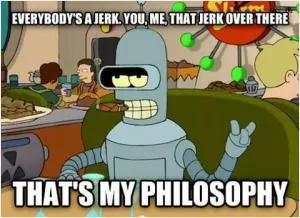
 Friendship Quotes
Friendship Quotes Love Quotes
Love Quotes Life Quotes
Life Quotes Funny Quotes
Funny Quotes Motivational Quotes
Motivational Quotes Inspirational Quotes
Inspirational Quotes